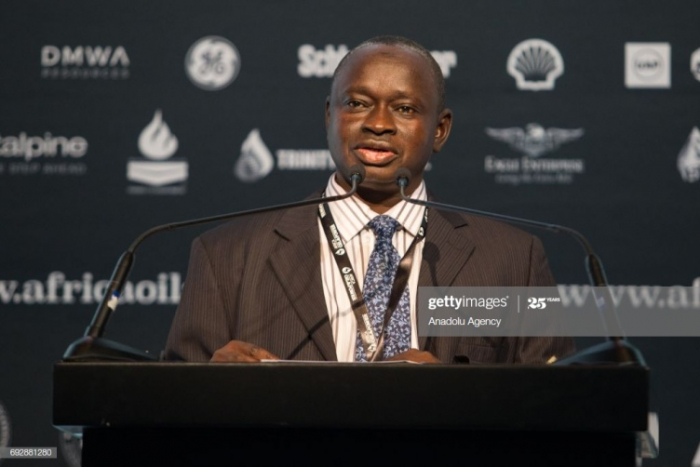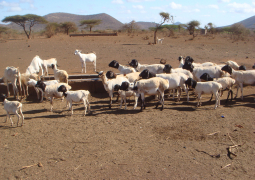
He maintained that alternative clean energy options such as solar offers more sustainable energy solutions for The Gambia.
Minister Sanyang made these remarks on Tuesday during the virtual First World Solar Technology Summit (WSTS) organised by International Solar Alliance (ISA) at Petroleum House in Brusubi.
The objective of the WSTS was to bring to the fore the state-of-the-art technologies as well as next generation technologies which will provide impetus to the growth and propagation of solar energy globally. The summit also provided a global platform for stakeholders to engage in innovations in technology that will catapult the world towards a high solar growth trajectory.
He outlined that biomass, including fuel wood accounts for about 60% of the country's energy supply and more than 90% of household energy consumption, while petroleum products (liquefied petroleum gas for cooking, diesel and heavy fuel oil for generating electricity) accounts for 36%.
According to him, electricity accounts for only 4% of energy supply of the country, adding that 65% of the population lacks access to energy supply.
The Gambia, he said, is on strong footing to diversifying its energy needs, hinting that the National Energy Policy; Renewable Energy Act 2013; National Electricity Roadmap 2017-2025; Renewable Energy Investment Strategy for The Gambia, 2017, among others are policies designed to changing the status quo of energy consumption in the country.
Minister Sanyang however, noted that solar energy is the solution to Gambia's energy dilemma, saying the cost for solar energy is cheaper and affordable for Gambians and other developing countries that have abundant sunlight.
“Solar energy is the solution for affordable clean energy and the fact that it is getting cheaper and low in prices, it becomes important for The Gambia and other third world countries that has abundant sunlight to tap it's energy from the natural resources”.
He disclosed that The Gambia has agreed to pursue an increased share of renewable energy to at least 40% with focus on solar energy, in the final energy consumption of the national energy mix.
This, he said, is aimed at tackling global challenges of climate change and as a cost-effective solution by supporting and implementing policy initiatives and participation of all relevant stakeholders particularly the private sector.
“The Gambia Government has already started working with partners on solar projects that will allow institutions such as hospitals and schools to have access to electricity through installation of solar power,” adding that “this project has already started” he said.
The International Solar Alliance is a treaty based inter-governmental organisation that hopes to bring together member countries to aggregate demand and realise economies of scale, resulting in reduction of cost of solar applications, facilitating deployment of existing solar technologies at scale and promoting collaborative solar reduction and distribution capacity.
Indian Prime Minister, Nerandra Modi and Francois Holland, former French President initiated the alliance in 2015, on the side-lines of the COP-21 in Paris, France.
ISA’s main objective is the deployment of 1000GW of solar capacity and mobilisation of $100 billion of investment in solar energy sector by 2030.
Read Other Articles In National News





